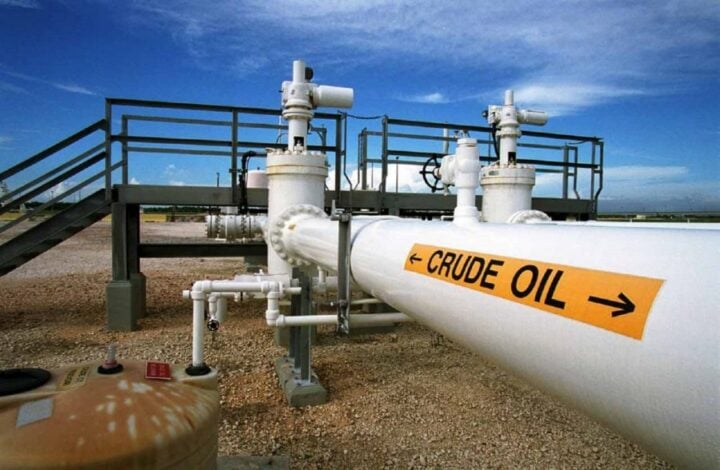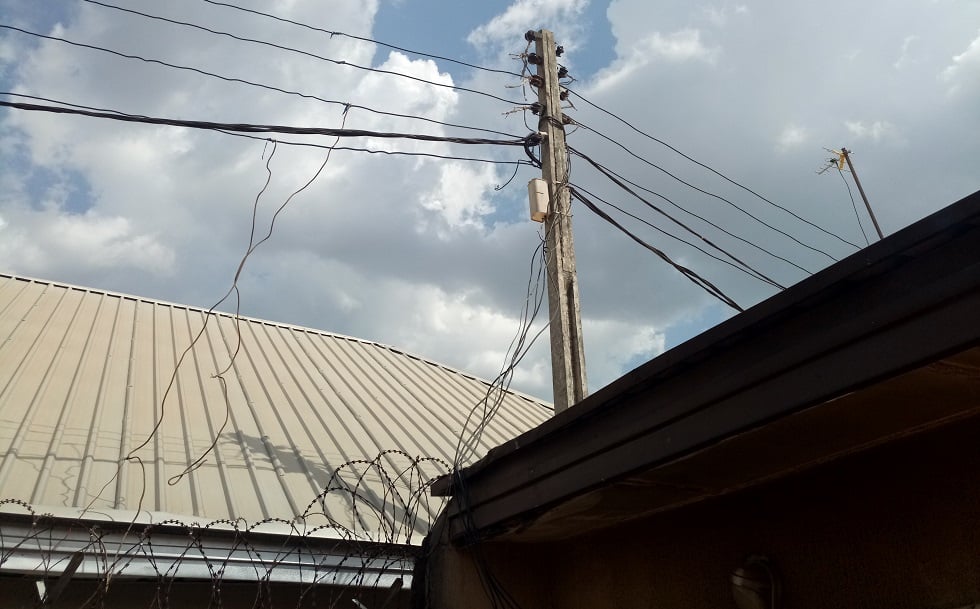The Organisation of Petroleum Exporting Countries (OPEC) says Nigeria’s average daily crude oil production increased to 1.335 million barrels per day (bpd) in December 2023.
This represents 85,000 bpd or 6.8 percent rise from the 1.250 million bpd recorded in November 2023.
In its monthly oil market report released on Wednesday, OPEC said the figure was from direct communication.
OPEC receives data on crude oil production from two sources, direct communication — which is from members of the group — as well as secondary communication, such as energy intelligence platforms.
Advertisement
With the current drilling performance, the country clinched the position of the biggest oil producer in Africa.
Trailing behind Nigeria is Libya with 1.179 million bpd, followed by Algeria with 954,000 bpd.
Meanwhile, OPEC’s secondary sources put Nigeria’s crude production at 1.418 million bpd — a 7.51 percent jump from the 1.319 million bpd reported by the oil cartel in November 2023.
Advertisement
Speaking on the group’s output, OPEC said crude oil production increased in Nigeria and Iraq, but dropped in Kuwait, Saudi Arabia and Iran.
“According to secondary sources, total OPEC-12 crude oil production averaged 26.70 mb/d in December 2023, higher by 73 tb/d, m-o-m. Crude oil output increased mainly in Nigeria and Iraq, while production in Kuwait, Saudi Arabia and IR Iran decreased,” OPEC said.
‘NIGERIA’S PRIVATE SECTOR CONFIDENCE REMAINS LOW’
In the report, OPEC said the business conditions in Nigeria’s private sector continued to improve in December 2023 amid low confidence.
Advertisement
“Nigeria’s private sector continues to improve, with the Stanbic IBTC Bank of Nigeria PMI rising to 52.7 in December, rebounding from its dip below the 50-point expansionary threshold in October and November,” OPEC said.
The group said the recovery in business conditions is due to the rise in employment and purchasing activity, as well as the resurgence of new orders and output growth.
“However, despite these positive developments, private sector confidence remains at a historically low level,” OPEC said.
“This is primarily due to the significant increase in input costs, subdued demand, and heightened market uncertainty, which collectively hamper business activity and the non-oil economy.
Advertisement
“In the meantime, economic growth in 3Q23 exceeded expectations, registering a robust 3.1% y-o-y increase, surpassing the 2.6% y-o-y growth in 2Q23 and 2.4% y-o-y increase in 1Q23.
“This positive performance is attributed to strong activity in non-oil sectors, especially in services and agriculture.”
Advertisement
However, the report said there are concerns about inflationary pressures in Nigeria, with the inflation rate reaching 28.9 percent in December.
Advertisement
Add a comment






